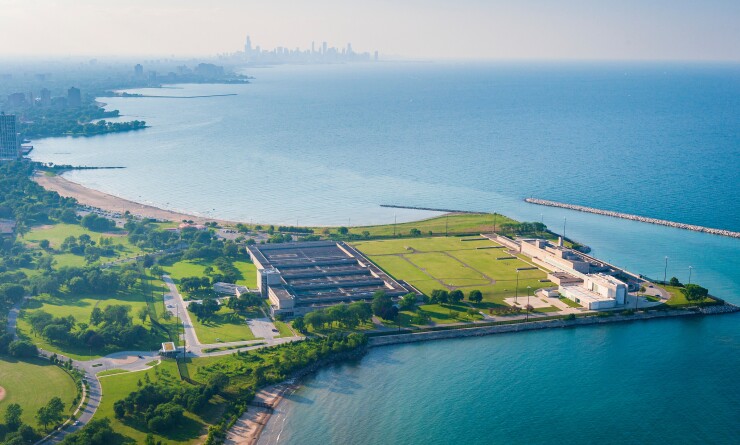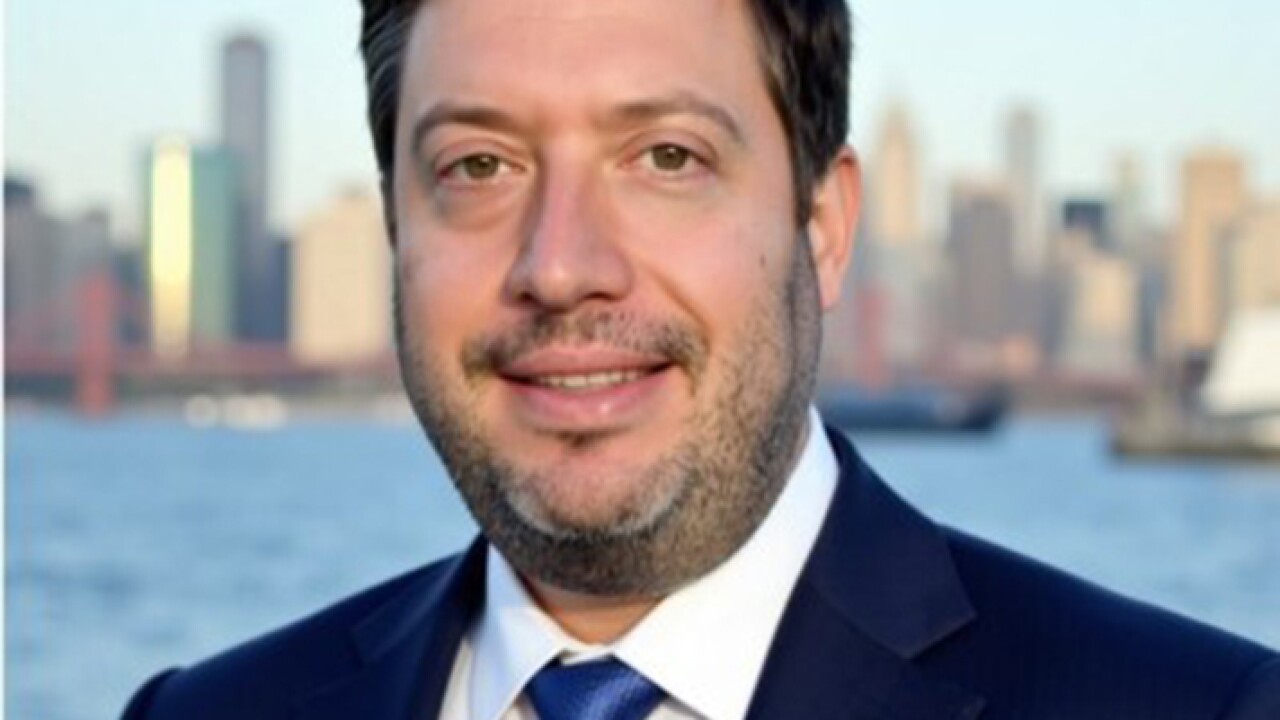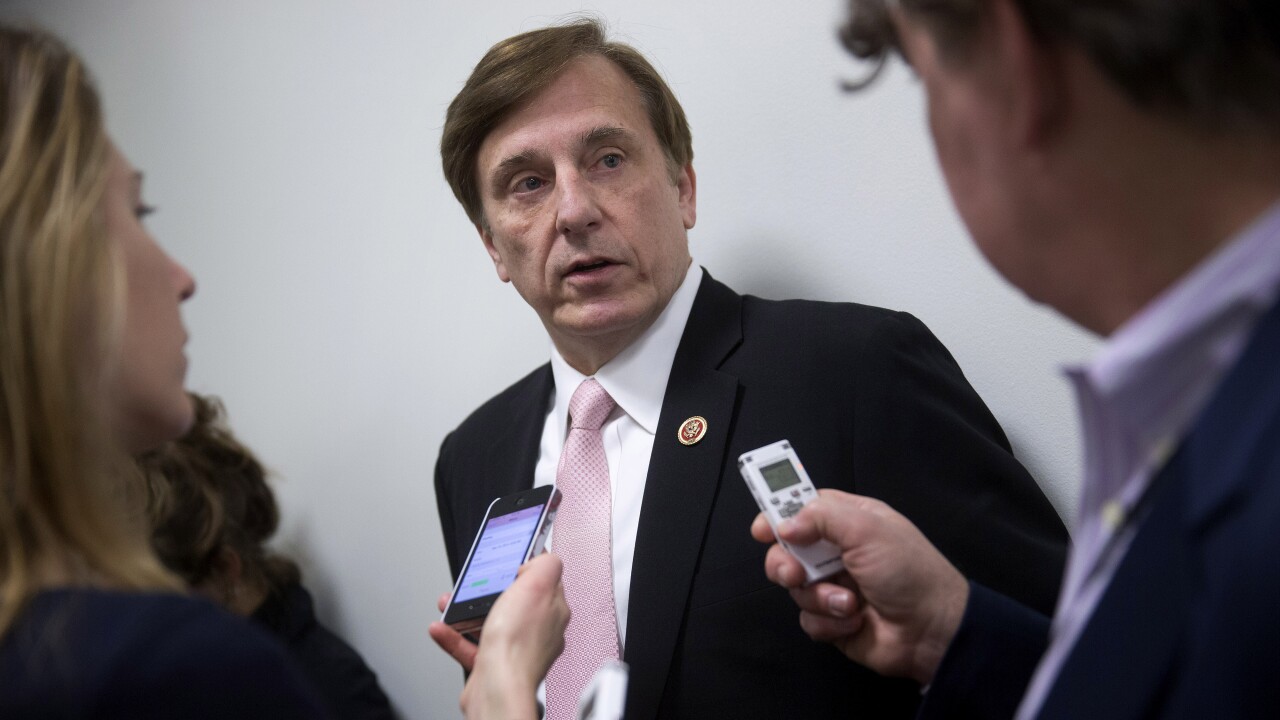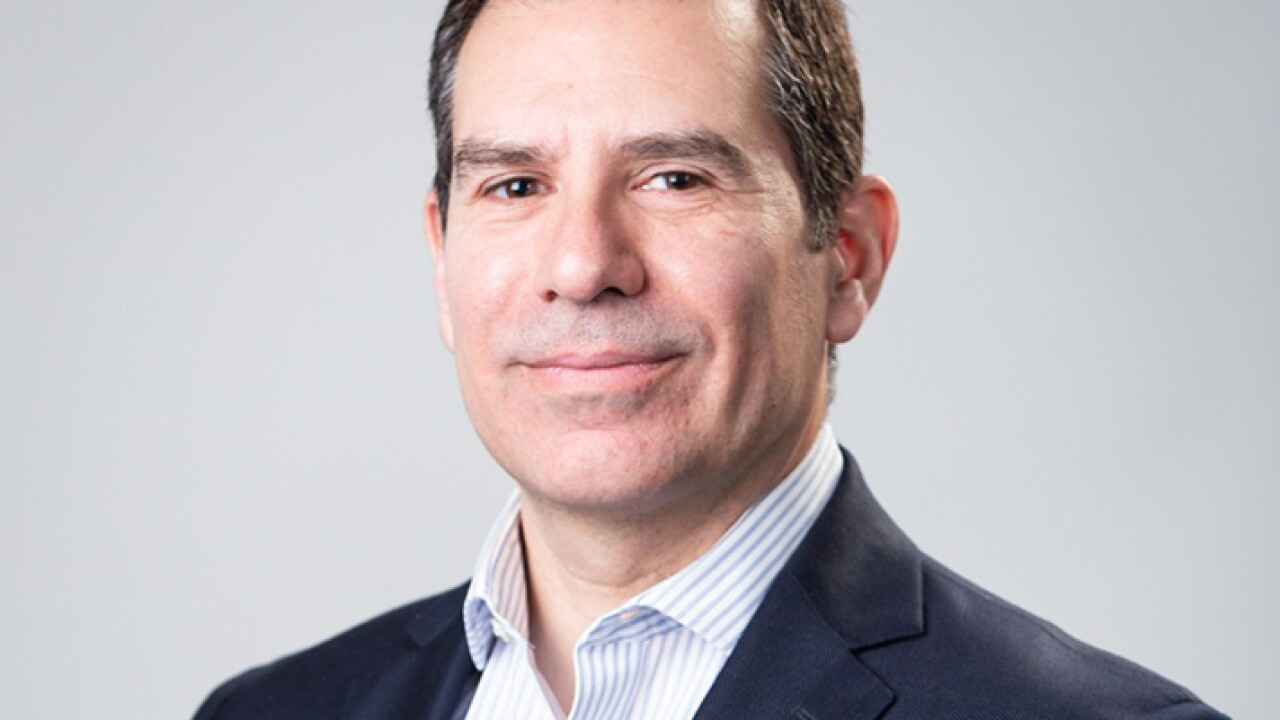Federal authorities signed off on $308 million of WIFIA loans that will help lay the groundwork for Joliet, Illinois’ switch to Chicago-supplied Lake Michigan water, a milestone for the project that Moody’s Investors Service said offers benefits for both.
Joliet
The
The proceeds will help finance both projects laying the foundation for Joliet’s switch to Chicago-supplied and treated water by 2030, solving the city’s water woes as its current source –a deep sandstone aquifer – will fall short in the coming decade.
“Federal financing at a low interest rate reduces cost impacts to our residents,” said Joliet Mayor Bob O’Dekirk.

Joliet and Chicago struck the
“The financing marks an important milestone in advancing the project, which will be credit positive for Chicago Water Enterprise because it adds a major new customer,” Moody’s said. “Expansion of the system is credit positive for Chicago because a larger customer base supports economies of scale and increases affordability for users, as it spreads the cost of capital and fixed costs among a larger number of customers. It also diversifies the customer base.”
Moody’s rates Chicago’s water enterprise system Baa2 with a stable outlook. Joliet will become the fourth largest customer of Chicago water and the deal should generate about $30 million for a system that generates $740 million in annual revenues. The addition will also help offset other customer losses as two suburbs switched to Evanston-supplied water in 2019. Both of those suburbs generated less than $8 million.
Joliet will incur major costs, but other stresses are eased. “While the cost for Joliet to join the system will be high and substantially increase its leverage, the project will reduce the social and environmental risk stemming from water stress and reducing that stress is positive,” Moody’s said. “The imperative for Joliet to find a new source of water demonstrates how environmental risks affect credit quality.”
Joliet is leading the effort to establish a commission with nearby communities that will also partake in the new water source. The intent is for the new commission to own and operate the system, easing the financial burden on Joliet.
The plan structure with Chicago calls for the
Under the preliminary water supply agreement, Chicago would own and operate a tunnel connection, a low service pump station, and service valve. Joliet would own other infrastructure beyond the valve, a 31-mile pipeline and a high service pumping station.
The EPA is providing an $87.5 million loan that will help pay for the planning and design for the Lake Michigan connection that carries a roughly $182.5 million price tag. A second $220 million loan will help finance the existing system water main upgrades that calls for new infrastructure to be built and lead lines to be identified and replaced at a total cost of $454.5 million.
The two Joliet projects are linked because replacing the old lines allows the city to reduce water leakage from about a 30% level to the less than 10% required to secure regulatory permission to use Lake Michigan water.
A third loan is expected in the future that would bring the total commitment to $340 million.
Joliet is planning some additional work that brings the total cost to $784 million. State revolving fund loans, future revenue-backed long-term borrowing, and city cash on hand will round out the full financing package. City water and sewer rate increases are planned to repay the debts. Final design work is expected in 2024 and construction is anticipated to begin in 2025.
Future financing needs related to the new transmission system may come from the new southwest suburban regional water commission.
Approval of the WIFIA loans came during Water Week 2022, which seeks to highlight both clean water as a national priority and the WIFIA program. The closing of the two Joliet loans brings to 76 the number of loans that have provided $13.8 billion in credit assistance to help finance over $29 billion for water infrastructure.
Rates are set based on comparable Treasury securities and the addition of one basis point to the State and Local Government Series, SLGS, daily rate with a maturity that is equal or greater than the weighted average life of the WIFIA loan.
The federal loan and guarantee program dates back to 2014. The program was extended and doubled in 2017. The Drinking Water and Wastewater Infrastructure Act – authored by U.S. Sen. Tammy Duckworth, D-Ill. and passed last year as part of the Bipartisan Infrastructure Law, expanded the WIFIA loan program.





